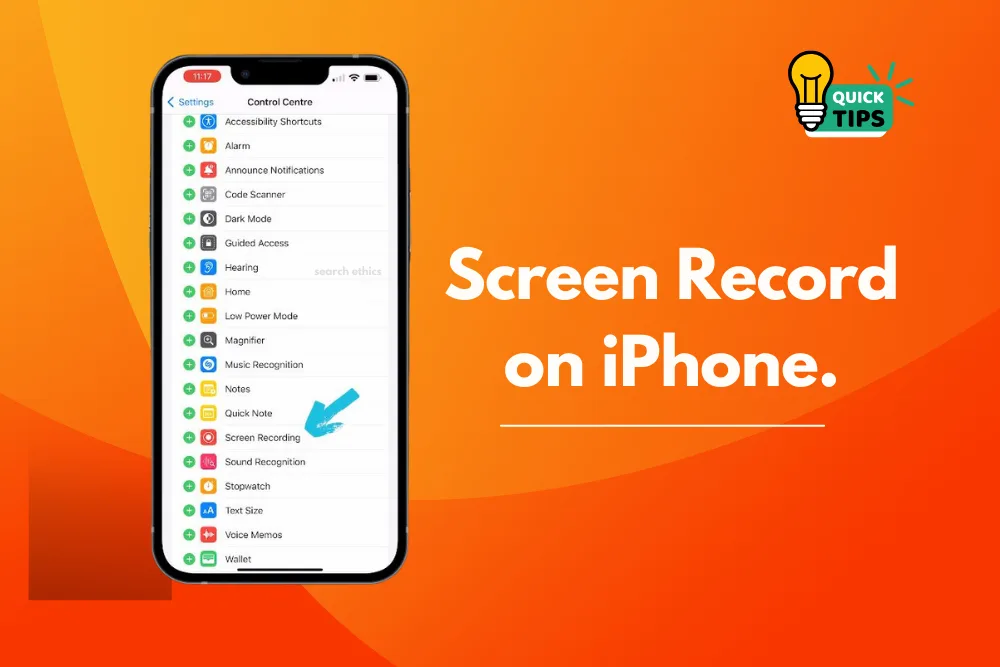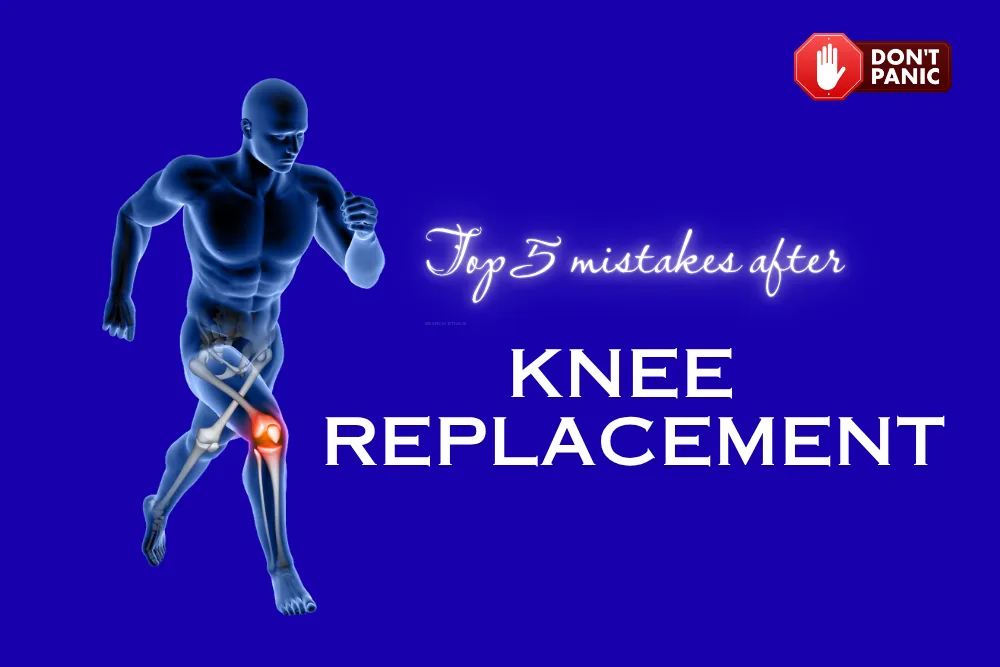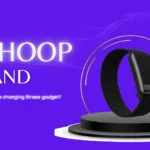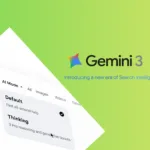Now Reading: Which is Better Android or Iphone
-
01
Which is Better Android or Iphone
Which is Better Android or Iphone
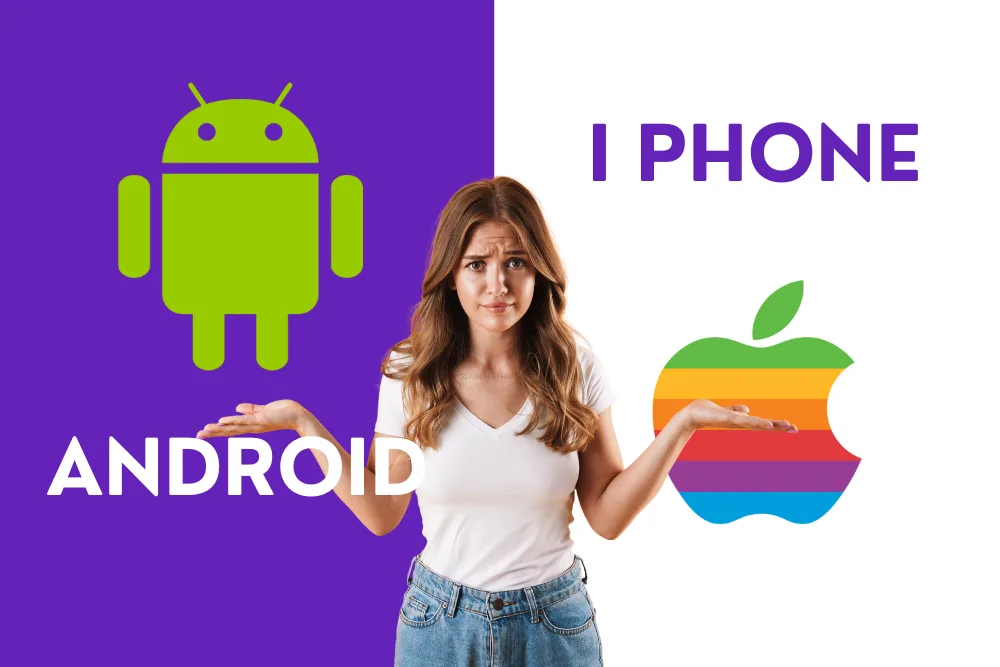
Choosing between iPhone and Android is one of the most common debates in the tech world. People often get so attached to one side that they refuse to switch. But the truth is, there is no one-size-fits-all answer. Both platforms are great in their own way. The best choice depends on what matters most to you.
In this detailed guide, we will compare iPhone and Android in seven important categories. At the end, you will know which phone is best for your needs.
Category 1: Customization
If you love making your phone look and feel exactly the way you want, customization matters. Android has always been the king of customization. With Android, you can change themes, apply icon packs, resize widgets, and even move apps anywhere on the screen. The Material You design system on Android 14 allows colors to match your wallpaper, giving a unique touch to your device.
iPhone has improved in recent years. iOS 17 brought customizable lock screens, new clock fonts, color options, and widgets on the home screen. You can now save multiple lock screen setups for different focus modes. However, Apple still limits flexibility. You cannot place an app anywhere you want. You cannot freely change grid sizes or icon sizes without complicated shortcuts.
The benefit of this Apple approach is consistency and elegance. Even when you customize, your iPhone still looks clean. On Android, you have more freedom, but you can also create a messy look if you are not careful.
Winner: Android for ultimate flexibility
Category 2: Features
When it comes to features, both platforms have grown a lot. Years ago, iPhone lacked basic options like copy and paste or widgets. Today, iOS offers powerful features such as Focus Modes, Hide My Email, and iCloud Private Relay for privacy. Dynamic Island on the Pro models is also unique.
Android, however, still offers more variety and control. You can manage battery health, limit charging to preserve life, use advanced gaming tools, and enjoy reverse wireless charging. File management is better on Android with full drag-and-drop capability. Some Android phones offer high refresh rate screens that you can adjust manually. There are also independent volume controls and many more small features that give users control.
Another big advantage of Android is hardware diversity. If you want a foldable phone, super-fast charging, or a 10X zoom camera, Android brands like Samsung and OnePlus have options. Most of these features are still missing on iPhone.
Winner: Android for sheer number of features and options
Category 3: Ease of Use
Ease of use is very important for many people. This is where iPhone shines. Apple designs iOS to be simple and consistent. Icons have stayed almost the same for over a decade. The phone app is always green and easy to find. Settings are organized so that new users do not feel lost. The camera app is simple and intuitive.
On Android, things can be confusing because different brands add their own skins. Menus and settings often move between versions. While power users may enjoy flexibility, beginners can find Android overwhelming.
Another factor is bloatware. iPhones rarely have unnecessary apps pre-installed. Some Android devices, especially budget models, come with extra apps you may never use. Apple also offers better customer support through its stores and service centers.
Winner: iPhone for simplicity and support
Category 4: Software Updates and Support
Software updates are critical for security and performance. Apple dominates in this area. Most iPhones receive major updates for five years or more. For example, iOS 17 supports iPhones from 2018. That is incredible longevity.
Android updates depend on the brand. Google and Samsung now promise three to four years of updates for flagship models. Samsung is the leader among Android brands with strong update policies. Still, no Android phone can match Apple’s long-term support across its entire lineup.
Winner: iPhone for unmatched software support
Category 5: Apps and Accessories
Both platforms have millions of apps. The Google Play Store has more apps than Apple’s App Store, but quality matters more than quantity. Developers often release new apps and updates on iOS first because it is easier to support one set of devices. iPhones have a more consistent hardware and software environment, which makes optimization easier.
Popular apps like Instagram and Threads usually work better on iOS and often get new features earlier. Even Google apps sometimes look and perform better on iPhones.
Accessories also favor iPhone. Many companies design cases, chargers, and gadgets for iPhone first because of its popularity. While Android users have options, compatibility can be an issue because of different models and designs.
Winner: iPhone for app quality and accessory availability
Category 6: Excitement and Innovation
This category is subjective but still important. iPhones launch once a year with small but polished improvements. The excitement often comes from wondering if Apple will finally adopt features Android already has, such as USB-C or fast charging.
Android, on the other hand, is full of variety and innovation. Foldable phones, gaming phones, 200MP cameras, and super-fast charging appear first on Android. If you love trying new tech, Android is the place to be.
Winner: Android for variety and innovation
Category 7: Ecosystem
Apple’s ecosystem is one of its strongest selling points. Features like iMessage, FaceTime, AirDrop, Handoff, and Continuity Camera make Apple devices work together seamlessly. If you own a MacBook, Apple Watch, or iPad, using an iPhone makes life easier.
Samsung and Google are building strong ecosystems too. Samsung offers Galaxy Buds, Galaxy Watch, tablets, and laptops that integrate well with its phones. However, Apple’s ecosystem still feels smoother and more complete, especially in the United States.
Winner: iPhone for seamless ecosystem integration
Final Score and Verdict
Here is a quick recap:
-
Customization: Android
-
Features: Android
-
Ease of Use: iPhone
-
Software Updates: iPhone
-
Apps: iPhone
-
Excitement: Android
-
Ecosystem: iPhone
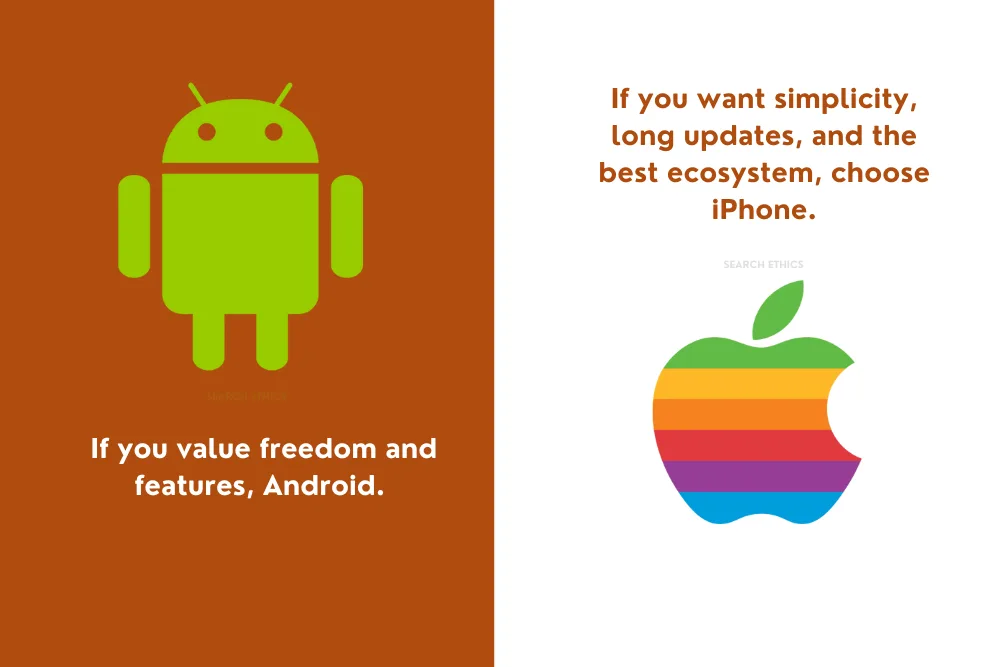
The result is a tie, which proves there is no single best phone for everyone. The best way to decide is to rank these categories by what matters most to you.
FAQs
Which phone lasts longer, iPhone or Android?
iPhones usually last longer because Apple supports them with software updates for many years. Some Android phones offer good support, but not as long as iPhones.
Which phone is better for gaming?
High-end Android phones often have gaming modes, better cooling, and high refresh rate screens. iPhones are powerful too, but Android gives more options for gamers.
Do Android phones have better cameras?
Some Android phones have advanced cameras with features like 10X zoom and huge sensors. iPhones have excellent cameras with great video quality. Both are strong, but the best camera depends on the model.
Which phone is more secure?
Both are secure, but Apple has an advantage because it controls both hardware and software. iPhones get updates faster, which helps with security.
Which phone is cheaper?
Android phones come in many price ranges, including budget-friendly models. iPhones are generally more expensive, but they hold their value longer.
Get more gadget news from Search Ethics.
Dony Garvasis is the founder of Search Ethics, a platform dedicated to transparency, authenticity, and ethical digital practices. With over 8 years of experience in SEO and digital marketing, I provide expert content on Tech, digital marketing, SEO, Artificial intelligence, gadgets, science, automobiles, lifestyle, tips, tutorials and much more. My mission is simple: Ethical Search, Genuine Results! I will make sure people everywhere get trustworthy and helpful information.


